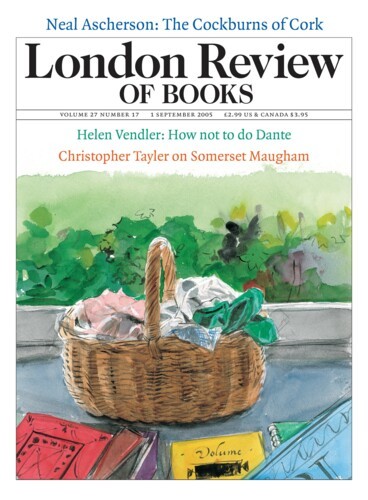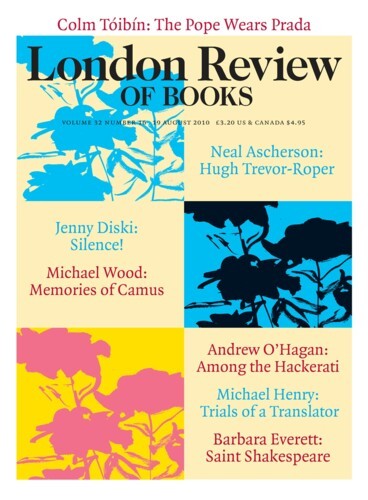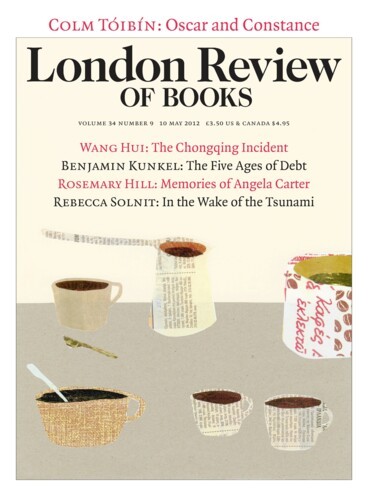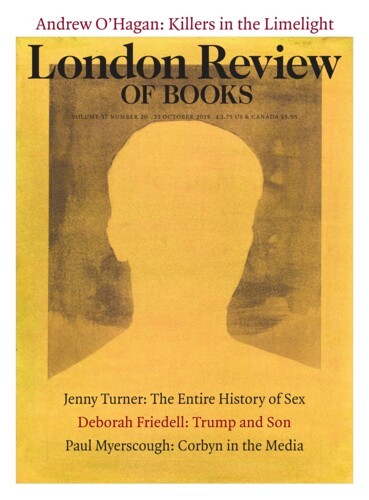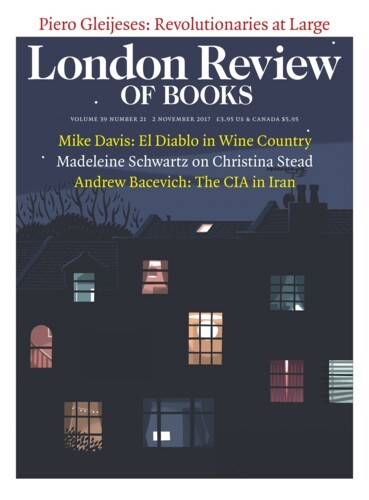Another Tribe: PiL, Wire et al
Andy Beckett, 1 September 2005
In 1976, while punk was still in its early stages, Newman and three others formed a band called Wire. The bassist, Graham Lewis, ‘a fashion graduate doing freelance design for London boutiques’, tells Reynolds they chose the name for its ‘graphic quality’. At first, such signs of ambition beyond the usual rock moves - Wire also liked to stand still onstage, like mannequins - were missed. Wire’s short, dense songs were misinterpreted as standard punk rants. But as their tunes grew longer and stranger during 1977 and 1978, people began to realise Wire belonged to another tribe. A baffled NME reviewer, presented with a Wire LP partly inspired by a Radio Four programme about a holly-chewing bug called the serpentine miner, decided they were hippies. This was not quite true: Wire’s sound was too steely and their hair was too short.
